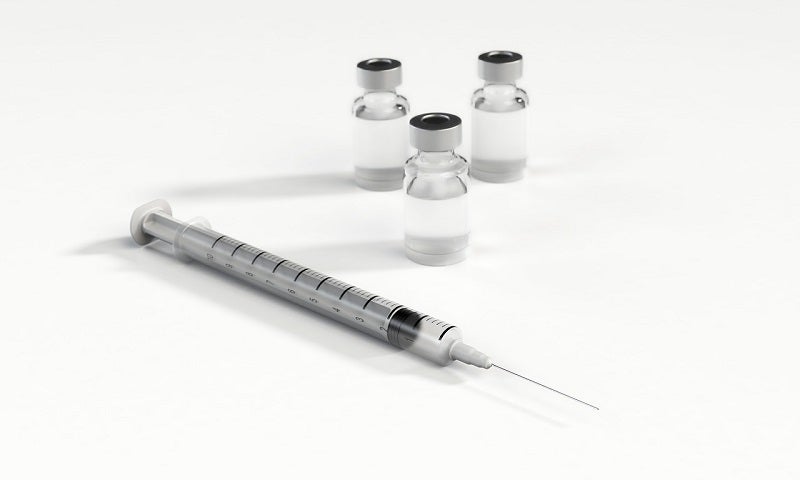
Elios Therapeutics has reported positive findings from a Phase IIb clinical trial of its investigational TLPLDC vaccine in stage III and IV resected melanoma patients.
The tumour lysate, particle-loaded, dendritic cell (TLPLDC) vaccine is a personalised immunotherapy formulated using a patient’s tumour and blood.

Discover B2B Marketing That Performs
Combine business intelligence and editorial excellence to reach engaged professionals across 36 leading media platforms.
The therapeutic is intended to trigger a dual innate and adaptive immune response with the activation of T cells, stimulating the immune system to kill cells containing antigens and tumour mutations.
TLPLDC was compared to placebo in a total of 144 patients during the study.
The primary endpoint of the prospective, randomised, double-blind, placebo-controlled trial is two-year disease-free survival (DFS), while secondary endpoints include DFS at 36 months and overall survival.
According to the top-line data, the primary endpoint was met with a statistically significant decrease in the risk of disease recurrence at 24 months in the per treatment (PT) population.

US Tariffs are shifting - will you react or anticipate?
Don’t let policy changes catch you off guard. Stay proactive with real-time data and expert analysis.
By GlobalDataPrimary analysis revealed a 29% recurrence rate in the vaccine group of the population, compared to 56% in the placebo arm. This demonstrates a statistically significant 50% reduction in the relative disease recurrence risk.
However, analysis of the PT and intent-to-treat (ITT) populations revealed an 18% clinically meaningful, but statistically non-significant, decrease in the relative risk.
Safety analysis found that one-third of participants experienced a related adverse event (AE).
Data from a 36-month follow-up of all patients showed durable vaccine benefit that sustained beyond 24 months.
Based on these positive findings, the Phase IIb trial will continue to the 36-month endpoints of DFS and overall survival. These results are expected to be available in June next year.
Elios Therapeutics CEO Buddy Long said: “This is the first positive Phase IIb study of a personalised cancer vaccine in patients with high-risk melanoma, an aggressive disease with a need for safer and more effective treatment options.
“We believe the results from this trial support advancing the TLPLDC clinical programme to a Phase III trial.”





